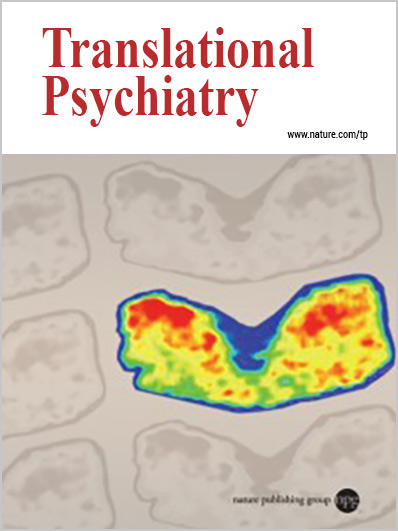Intravenous immunoglobulin for the treatment of autoimmune encephalopathy in children with autism
Autoimmune targets in Cunningham Panel™ predict IVIG treatment response in subset of autism patients

This is the largest case series published to date examining the link between autism spectrum disorder (ASD), immune dysfunction and treatment response to IVIG. The study examines antineuronal antibodies in IVIG responders and supports the classification of a neuroimmune subgroup in patients with ASD. The majority of the ASD patients in this cohort demonstrated elevations in brain-specific autoantibodies measured by the Cunningham Panel™ of Tests, along with an elevation in the activation of CAMKII. Testing for these antineuronal antibodies may be helpful in predicting responsiveness to IVIG treatment in select individuals. *
Highlights:
- The paper addresses how brain targeted autoantibodies in an individual with CNS dysfunction point to an autoimmune encephalopathy (AIE). AIE’s have generally seen good response with IVIG therapy.
- Dr. Richard Frye, senior author, concludes that high levels of either the anti-lysoganglioside GM1 antibody or CAMKII are associated with tics and OCD behavior and high anti-dopamine D2L to D1 antibody ratio is associated with irritability, a frequently targeted ASD symptom.
- The Cunningham Panel™ of Tests predicted response to IVIG treatment with an accuracy of 81%, 88% and 88% on the ABC, SRS, and parental evaluations, respectively.
- Study suggests that two of the autoantibodies in particular, the anti-Tubulin and anti-D2R were associated with responsiveness to IVIG treatment, suggesting that these could be biomarkers to select individuals who might benefit most from IVIG treatment. It also may be that the autoantibodies identified as predictive or responsive to IVIG may be closely associated with modulation of behavior as has been suggested in Sydenham Chorea and PANDAS.
What is the Cunningham Panel™ of tests?
The Cunningham Panel™ is a blood test which measures the levels of circulating autoantibodies associated with certain neurologic and psychiatric symptoms. Elevated levels indicate that symptoms may be due to an infection-driven autoimmune dysfunction.
* Connery et al. Translational Psychiatry (2018)8:148. doi 10.1038/s41398-018-0214-7
Digital Information Packet
Interested in learning more about ASD, autoimmune encephalopathy and the Cunningham Panel™? We have compiled a list of journal articles that may be helpful, along with a video presentation by Dr. Richard Frye, senior author and the primary treating physician.








